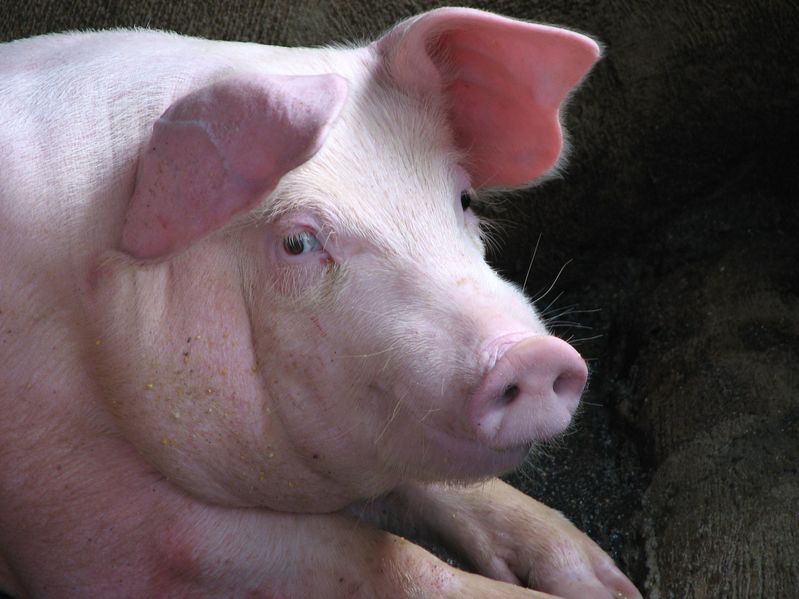
2027 is an 'unrealistic' deadline to ban farrowing crates by at European Union or United Kingdom level, pig producers have warned.
Last week, the European Commission announced its intention to propose legislation by the end of 2023 to ban the use of cages in farming, including farrowing crates.
It was responding to the European Citizens' Initiative (ECI) ‘End the Cage Age’ campaign, which is calling for cages to be banned from 2027.
However, the Commission has not committed to a ban from that date, but will ‘assess the feasibility of working towards the proposed legislation entering into force from 2027’.
It has committed to adopting a species-by-species approach to the ban and has acknowledged the need for a reasonable transition period.
It will aim to complete an impact assessment, covering the socio-economic and environmental implications of the measures and the benefits to animal welfare.
The Commission has also promised that farmers will be supported, financially and through the provision training, to help them manage the transition.
In the UK, Defra has said it is ‘examining the use of cages’, and is expected to make an announcement at some point.
It comes as the National Pig Association (NPA) warned that the 2027 deadline for any cage ban was an 'impossible task'.
The NPA has been working with Defra by feeding in practical information, which producers hope will help inform government policy making.
The group's chief executive Zoe Davies said: "We have been doing a lot of work within the industry and with Defra looking at what the transition would entail and purely from a practical point of view, we believe it will take 20-30 weeks per farm to transition.
“It is going to cause major disruption to pork supply and we have very few specialist building companies that could do the transition work.”
She said there was 'huge concern' out there among producers about the practical implications and the costs involved in making the change.
The UK industry would be seeking similar support and protection arrangements to that pledged at EU level, Ms Davies added.
She also outlined the potential problems with getting planning permission sorted in time: “The entire supply chain needs to work together to help producers do this, otherwise more will go out of business."
